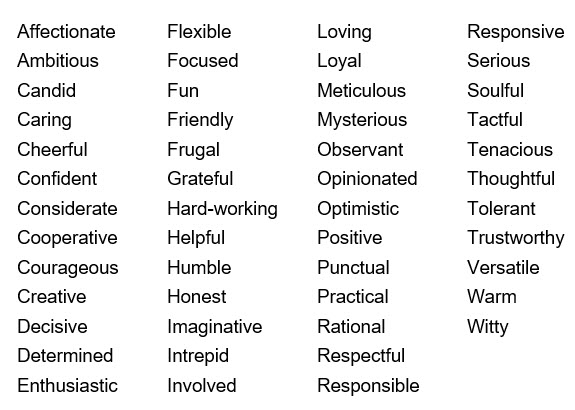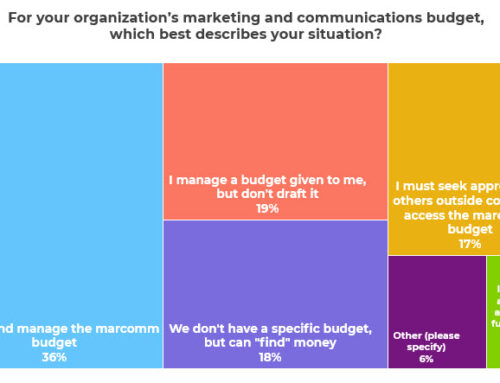
Photo: Food Network
How many people do you think really watch cooking shows just for the recipes? Most are watching because they like the chef/host or at least want to see what they will do next. They may dream of making the recipes (and occasionally will), but most viewers are drawn to cooking shows because of the personalities involved.
Nonprofits can use this same phenomena to connect with participants and supporters.
Why We Need to See Your Nonprofit’s Personality
Competition for your supporters’ attention, time, and money comes from all sides, including from other nonprofits. One way to stand out is to wear your personality and values so the rest of us can easily see who you are and what you believe.
Your supporters, including financial donors, have many questions about you and your good cause: What do they do, how do they do it, whom do they help? But all of these questions really boil down to something much more personal, a question that is always more about them than about you:
Do I fit in here?
Your supporters have an infinite number of choices, and if you want to be the one they select, you need to make them feel like supporting you is the most natural choice in the world.
You should describe the problems you are trying to solve and the needs you are trying to address in ways that make sense to them. You should talk about your solutions and approaches so they see how your work is consistent with their own values. It needs to all feel right . . . and making it feel right is so much easier when you convey an organizational personality.
When I ask staff at nonprofits to describe their organization’s public personality, I often get blank stares, or something like “Ummm . . . we don’t have one, so I guess, well, how about ‘boring?’”
I admit, it’s a tough question, especially if you’ve never considered that an organization could even have a personality in the first place. But the personality concept is important to the idea of organizational branding, and it’s really essential when you start to consider your social media strategy, where personality goes a long way.
Here’s another way to think about this: How do you want your organization to be perceived?
Here are 50 positive personality traits. Do you see your organization in these words?

HOMEWORK: List 3-5 personality traits that you would like participants and/or supporters to associate with you. The list may be different for participants and supporters, or even for segments within those groups (e.g. if you serve teens and seniors, you may want them to think of you in different ways).
Let us know your traits in the comments below!






